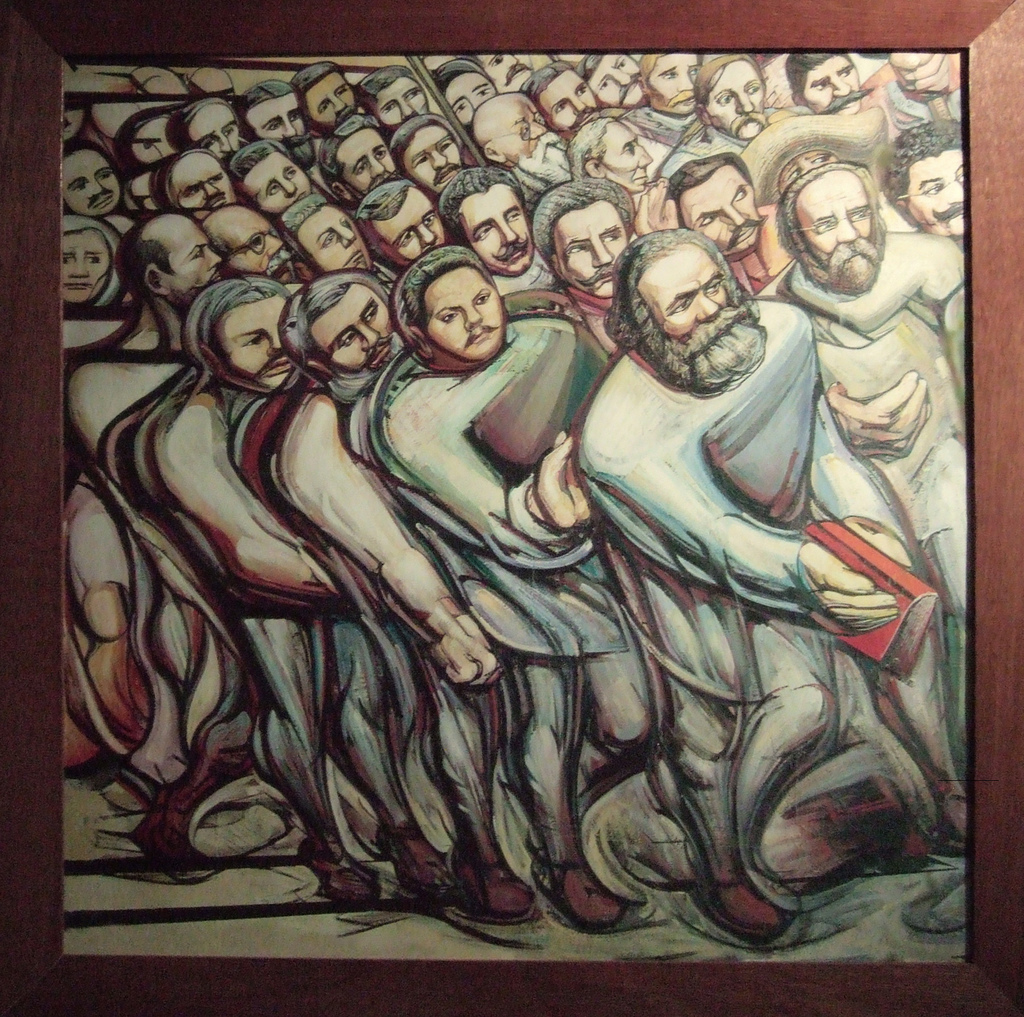Some people feel an irresistible urge to lecture others on how every ideological group or movement that is not pure capitalism is simply socialism. Hence they rush to insist that, for example, the Nazis were just national socialists, whereas the Bolsheviks were international socialists, and therefore both were just socialists, which is the important aspect of the matter.
This view is obtuse, not only analytically, but also historically. The many German socialists who were killed, imprisoned, or driven out of Germany by the Nazis before the war could have explained clearly that the two groups were not at all sleeping under the same blanket. Indeed, they hated one another with a white-hot passion. (I recall vividly when I invited one such socialist, the eminent sociologist Lewis A. Coser, to visit Lafayette College and talk to my students back in the 1980s. While I spent the day with him, he regaled me with some horrific stories of his own flight, and others’ similar flight, from Germany before the Nazis could kill them or put them in concentration camps.)
Fascism (sometimes called corporatism, crony capitalism, or neo-mercantilism) is an analytically distinct politico-economic system. It needs to be understood in its full details and in its variations from one country to another. If we insist that it is just socialism, like, say North Korea, Maoist China, or the old USSR, we will never understand many aspects of its nature and functioning, including its ability to survive and provide a high level of living to the masses (owing to the room for maneuver it allows entrepreneurs and the private property rights it permits to continue, albeit in highly regulated forms).



